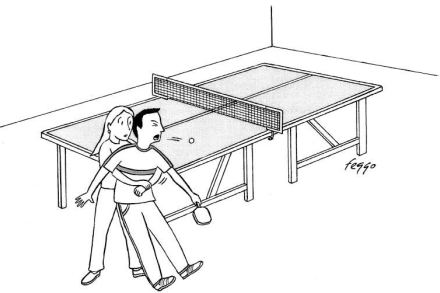At the court of King Tony
The commentariat has at last realised that in practice, if not in theory, the Labour Party believes in the hereditary principle. This is a phenomenon that those of us who, for one reason or another, have innate antennae for such things have long recognised. Homo sapiens in settled societies is more likely to follow anthropology




